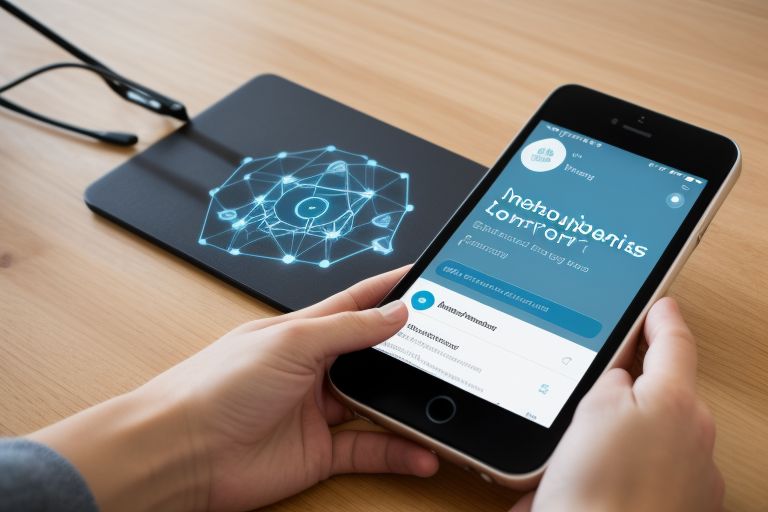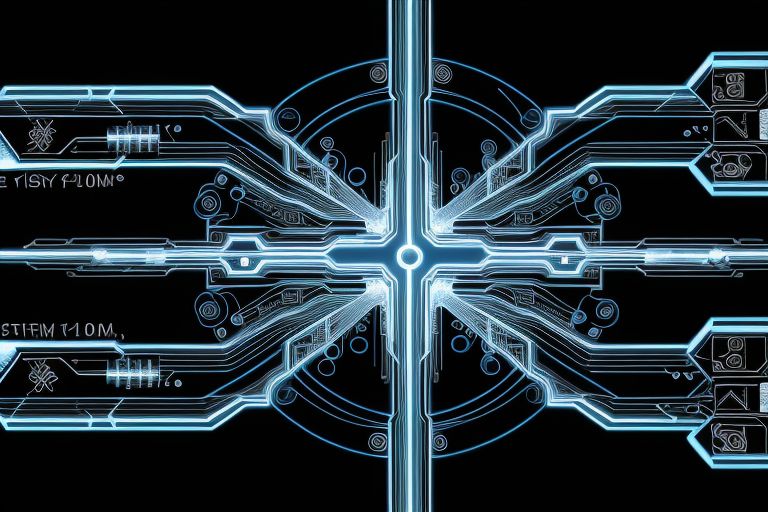The Internet of Behaviors (IoB) represents an extension of the Internet of Things (IoT) concept, focusing not just on the interconnectivity of devices but on how the data collected from these devices can be used to understand and influence human behavior. This emerging field intersects technology, data analytics, and behavioral science, aiming to provide insights into consumer actions, preferences, and habits by collecting, analyzing, and applying data from various sources.
Understanding Consumer Actions through IoB
- Data Collection: IoB systems collect data from a wide array of sources, including online activities, wearable devices, smartphones, smart home devices, and even public surveillance systems. This data can encompass anything from purchasing habits and physical activities to social media interactions and location data.
- Data Analysis: Advanced data analytics, artificial intelligence (AI), and machine learning (ML) technologies are employed to process and analyze the collected data. The goal is to identify patterns, trends, and insights into consumer behavior. This analysis can reveal preferences, predict future actions, and identify triggers that lead to certain behaviors.
- Personalization and Prediction: By understanding consumer behavior, organizations can personalize experiences, products, and services to better meet individual needs and preferences. Predictive models can forecast future consumer actions, allowing businesses to tailor their strategies accordingly.
- Behavioral Influence: Beyond analysis and prediction, the IoB seeks to influence behavior. This could involve nudging consumers towards healthier habits, more sustainable choices, or even specific purchasing decisions. Techniques from behavioral science, such as gamification and personalized messaging, are applied to encourage desired behaviors.
Shaping Consumer Actions
The application of IoB can significantly shape consumer actions in various domains, including:
- Marketing and Advertising: Businesses can deliver highly personalized and timely marketing messages to consumers, improving engagement and conversion rates.
- Healthcare: Wearable devices and apps can monitor health metrics and lifestyle choices, providing personalized recommendations and interventions to promote healthier behaviors.
- Smart Cities: IoB can enhance urban living by optimizing traffic flow based on real-time data, improving waste management through monitoring, and enhancing public safety via surveillance and predictive policing.
- Retail: Retailers can offer a more personalized shopping experience, both online and in physical stores, by analyzing consumer behavior and preferences.
Ethical Considerations
The IoB raises significant ethical and privacy concerns. The collection and analysis of personal data must be handled with care, respecting individuals’ privacy and adhering to data protection laws. Transparency about data use, securing informed consent, and providing options for data control are crucial to address these concerns.
Conclusion
The Internet of Behaviors represents a powerful tool for understanding and shaping consumer actions. By leveraging the vast amounts of data generated by interconnected devices and applying advanced analytics and behavioral science, organizations can gain deep insights into consumer behavior, personalize experiences, and even influence actions. However, navigating the ethical implications of this technology is essential to ensure that it benefits society as a whole.



